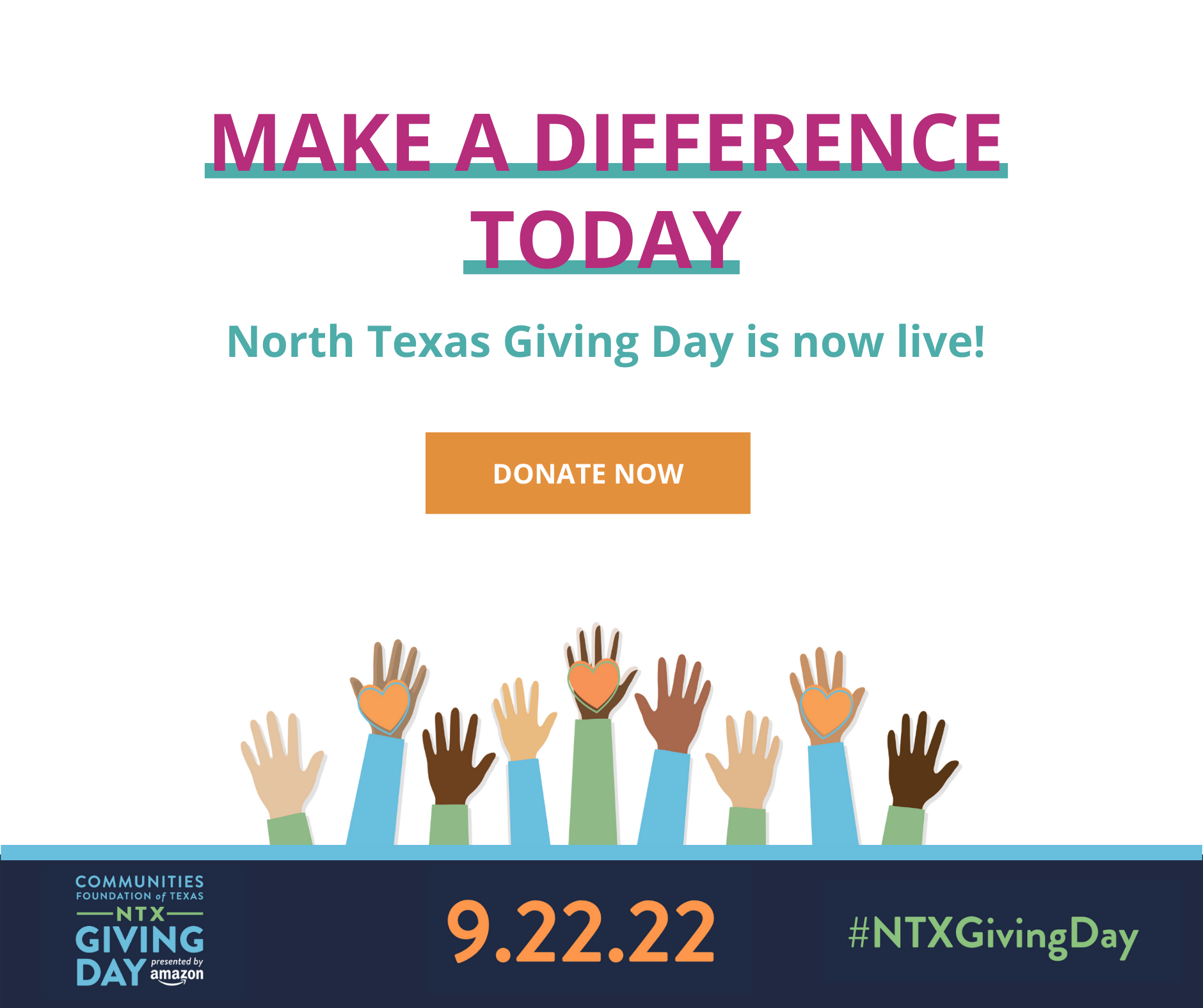We pulled together this month’s most noteworthy child welfare research articles for you. Read them all here and take action today!
1. Equitable Supports for Basic Needs of Grandfamilies
“There are 2.6 million children in the U.S. who are living with extended family, inside or outside the child welfare system because their parents cannot care for them. These families are often called “kinship families” or “grandfamilies.” Strong evidence shows children in grandfamilies thrive, especially when they get the support they need. Yet, grandfamilies across the country are not equitably supported.” – Read more from a new report by Generations United.

TexProtects Takeaway: The annual State of Grandfamilies report by Generations United offers a wealth of information on the benefits of kinship care, the needs of kinship families, and available services and policies for these families. While there are known benefits to keeping children within their own families, this report finds that “for every 1 child being raised by kin in foster care, 18 children are being raised by kin outside of foster care.” One way to combat this inequity is to create parity among grandfamilies and promote financial equity by ensuring these families have access to income support, tangible goods/services, and physical and mental health resources. TexProtects has advocated to better support relative caregivers at every stage of the child welfare process and will continue to push for policy changes during the interim leading up to the Texas 88th Legislative Session.
“True primary [child abuse] prevention, which proactively supports the formation and stability of healthy and thriving families, remains an area of much-needed investment.” – New report from the APHSA on Unlocking the Prevention Services in the FFPSA.

TexProtects Takeaway: This new report by the American Public Human Services Association, Unlocking the “Prevention Services” in the Family First Prevention Services Act, offers a series of recommendations on making the FFPSA roll-out effective, efficient, and transformational for the child welfare system. Currently, almost four years since the law was implemented, only 17 states have approved Prevention Plans and have started drawing down federal funding for prevention services (Texas is not included). This report offers recommendations such as amending the prevention services clearinghouse requirements to ensure those with lived experience are informing the services and extending the temporary enhanced federal matching of prevention services through 2023 instead of ending with the public health emergency. In the 87th Texas legislative session, policymakers took steps to implement the FFPSA. HB 3041, by Representative Frank and Senator Kolkhorst, was passed and requires DFPS to create FFPSA pilot prevention programs in two areas of the state focused on children at imminent risk of being removed from their home and placed into conservatorship of the department. Families who participate in these pilot programs will be monitored, and parameters will be in place to ensure that CPS is not involved any longer than necessary. While the location of the pilots and the evidence-based prevention programs have not yet been announced, we are excited about this important step in the implementation of FFPSA in Texas.
3. Texas Department of Family and Protective Services – Disproportionality Report

TexProtects Takeaway: DFPS has taken steps to reduce disproportionalities and disparities in the Texas Child Welfare system, beginning with a 2005 mandate by the Texas Legislature to examine and address racial disproportionality in the state child welfare system and, if found, develop a plan to reduce disparities. The analysis indicated disproportionality existed with African American and Native American children in Texas disproportionately overrepresented in the child welfare system.
Recognizing the importance of cross-system collaboration to address this issue, the state created the HHS Center for the Elimination of Disproportionality and Disparities, later named the Office of Minority Health, Statistics, and Engagement. Within DFPS specifically, they hired a disproportionality manager for CPS, regional specialists, and a state-level disproportionality specialist. In recent years most of these positions were repurposed to various state agencies, and in 2018, the Office of Minority Health, Statistics, and Engagement were defunded and closed in August 2018. Currently, according to the newly released DFPS Disproportionality Report for FY 2020, “all efforts to eliminate disproportionality and disparities in the Texas child welfare system are managed by the CPS state disproportionality manager,” the lone position that remains from the initial efforts, but it has been vacant since May 31, 2021.
While we are disappointed in the defunding of the Office of Minority Health, Statistics, and Engagement, we are grateful for the continued efforts on the part of DFPS to reduce disparities and are excited for the latest announcement of the new disproportionality manager.
The recently released DFPS Disproportionality Report for FY 2020 highlights these continued efforts by DFPS, but unfortunately, the data suggests we have not made large strides in addressing disparities and disproportionalities in the Texas child welfare system. A few important takeaways from the report:
- African American children are overrepresented in at least one stage (if not multiple) of CPS involvement in each of the 11 DFPS State Regions.
- The racial and ethnic demographics of children removed has been consistent across FY16 to FY20, showing a higher proportion of African American children and a lower proportion of Asian children are entering, in, and exiting foster/kinship care.
- African American children are reported, investigated, and removed at a higher rate than children of Anglo, Asian, or Hispanic origin.
- African American children are most likely to be sent to investigations versus alternative response.
- Hispanic children are overrepresented in poverty yet are not overrepresented in child welfare at the state level – Hispanic families make up the largest percentage of children in poverty, yet they are reported and investigated by CPS at a slightly lower rate than their proportion in the Texas child population.
We agree with and support DFPS’ plans for future analysis and recommendations contained in this report. Specifically, we are encouraged by the recommendation for DFPS to “collect better data on income due to the disproportionate number of families of color living in poverty and track these trends.” While we know that living in poverty can be a risk factor for neglect, poverty itself does not equal child neglect. We must work together across systems to ensure families have access to community-level prevention services and support when they need them the most.
*Data and takeaways from the DFPS Disproportionality Report FY 2020.
Get the latest news, reports, and action items delivered right to your inbox here.




